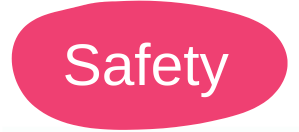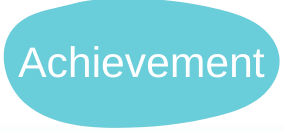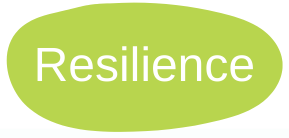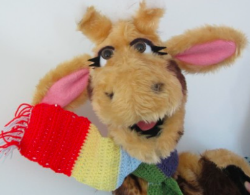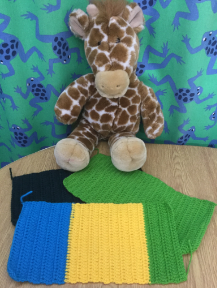PSHE
SCARF - Core values of our PSHE TeachingAt BFIS, we use the SCARF curriculum to underpin our PSHE teaching.
Harold the Healthy Giraffe
The children learn through listening to stories and songs and learning key life skills. These are promoted by Harold the Giraffe, a happy healthy giraffe who features in the resources as a positive role-model who children remember and love. He wears his scarf at all time and helps children to reflect on its values, with the idea that a SCARF is something you can wrap around person or a whole school to keep it safe and healthy.We have even started to make our own scarf for display in school to remind the children of our values, with lots of members of the community knitting sections of the SCARF and posting them to the school.How we teach Personal, Social, Emotional Development in Reception and Personal, Social, Health and Economic education in Key Stage 1 |
What we aim to achieve through our PSHE Curriculum? The schemes we follow and why?
|
How our PSED/PSHE Curriculum is delivered...
|
What difference is our PSHE curriculum making? What assessments we use? How we track progress.
|
Ways We Celebrate PSHE at BFIS...
|
How we teach PSHE to ensure it meets the needs of all Learners...
|

